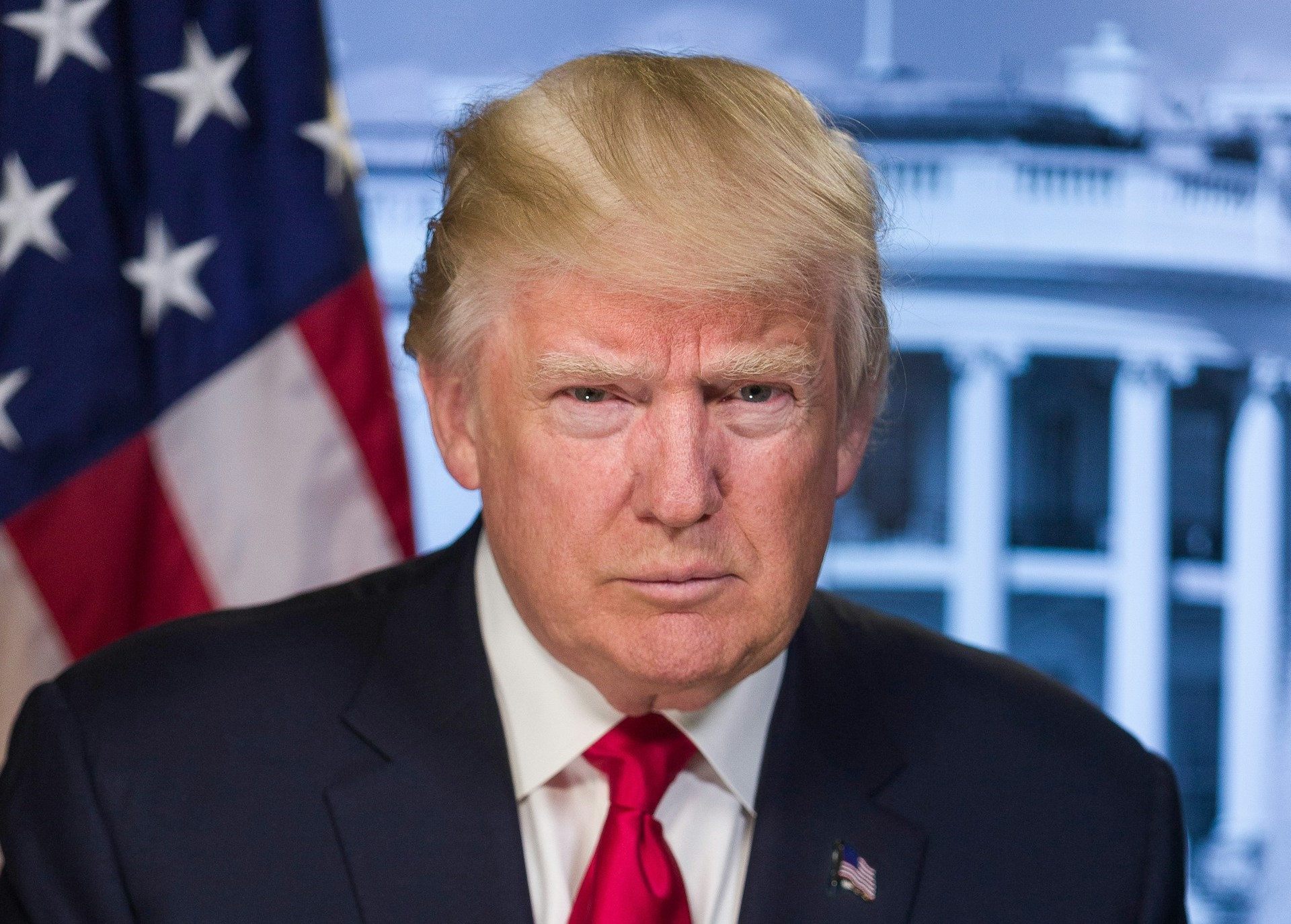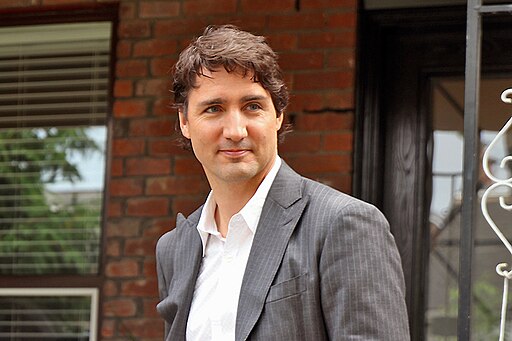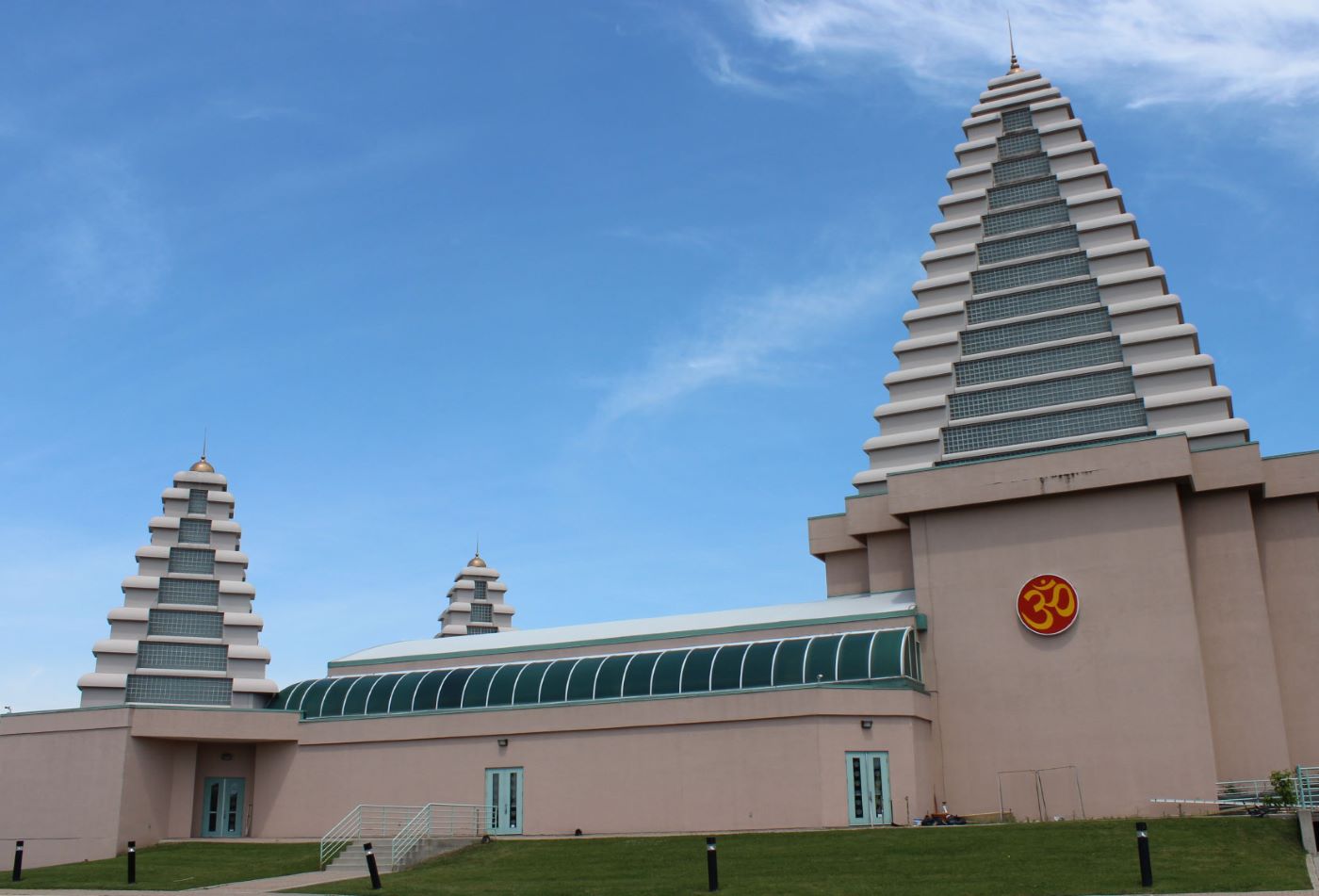Early or not? Trudeau and Ford eye one another over when to call elections
Liberal Prime Minister Justin Trudeau and Conservative Ontario Premier Doug Ford may not often see eye-to-eye, but they face the same political predicament. Namely, whether to call an early election.
In the past several decades, fixed election date legislation enacted in Ottawa and all provinces and territores requires elections every four years. However, the legislation is not binding — leaders can call elections sooner than four years or can even wait one additional year to the constitutional maximum limit of five years.
Trudeau adhered to the legislation for his second federal election in 2019, but decided to call the next election just two years later in 2021. He saw an opportunity with a new and untested Erin O'Toole as leader of the opposition Conservatives. The gamble was only partly successful: the Liberals were re-elected, but did not gain enough seats for a majority government.
The next federal election is scheduled for October 2025, but Trudeau could decide to call it sooner or even wait until late 2026.
Ford became Ontario premier in 2018 and was re-elected four years later, in June 2022. Therefore, the next election in Ontario should take place in June 2026.
Ottawa-Ontario seesaw
Historically in Ontario, when the Liberals are in power in Ottawa, voters elect a Conservative provincial government. The Liberals ruled in Ottawa under Pierre Trudeau for most of 1968 to 1984, while Conservative Bill Davis was in charge in Ontario from 1971 to 1985.
When Conservative Brian Mulroney became prime minister in 1984, Ontario switched to the Liberals and for a while the NDP under Bob Rae. When Jean Chrétien returned the Liberals to power, Ontario elected Mike Harris. When Stephen Harper became prime minister, Liberals Dalton McGuinty and Kathleen Wynne ran the show in Ontario,
Trudeau’s victory in 2015 was followed by Ford’s three years later.
One explanation for this seesaw is that voters aim for balance: a more progressive party at one level of government, and a more conservative party at the other level.
In addition, ambitious candidates and party officials often gravitate towards the party in power. For example, an ambitious Liberal during the past decade will have discovered far more opportunities within her party in Ottawa rather than in Toronto. On the other hand, a high-achieving Conservative will have been attracted to positions in Toronto, rather than Ottawa.
Early election in Ontario and Ottawa
Regardless of the dynamics of electoral swings, the quandary for Ford is that if Trudeau is re-elected in the fall of 2025, Ford can be fairly certain of victory a few months later. But if Trudeau and the Liberals falter, and a Conservative government under Pierre Poilievre takes power in Ottawa, Ontario voters are less likely to grant a third consecutive term to the provincial Conservatives.
In other words, Ford worries that a pivot to the Conservatives in Ottawa will compromise, or doom, his re-election bid in Ontario.
As such, Ford has an incentive to hold the provincial election a year early, in the spring of 2025, when the Liberals will likely still be in power in Ottawa.
Or will they?
Trudeau would undoubtedly prefer that Conservatives were running the show in Ontario during the next federal election campaign. The many seats in the province, and especially in the Greater Toronto region, are essential for a federal Liberal victory. With Ford still ruling, the federal Liberals hope to once again capture these ridings.
If Trudeau called an early federal election before Ford calls an early Ontario election, Conservatives will still be in power when the province’s residents vote federally.
The risks
Going to the electorate early can backfire. Trudeau will recall his disappointing outcome in 2021 and, more recently, the recent turfing of Conservative Prime Minister Rishi Sunak after he called an early election. Ford, too, must consider the wrath of voters who often resent an early trek to the ballot box.
But Ford, rather than Trudeau, is the most likely to pull the trigger on an early election. The Ontario premier has been extraordinarily careful not to rule out calling an election next year. He may decide the federal Liberals cannot win a fourth consecutive mandate, and that the heat he might receive from Ontario voters for calling an early provincial election would be offset by the certainty of having the low-polling Liberals in power in Ottawa next spring.
Trudeau, on the other hand, has less incentive to call an early election. Given the historical federal-provincial pattern, an early vote in Ontario would likely see a re-election of Ford, which — again given the historical pattern — would favour the Liberals in Ottawa. If Ford does not call an early election, then the Conservatives would still be in power when the next federal election happens, which would again benefit Trudeau.
In the next few months, both Trudeau and Ford will receive a lot of advice about when to hold the next election. Notwithstanding both solicited and unsolicited opinions, each will be aware of what former British Prime Minister Harold Wilson once noted: “A decision on election timing is a lonely one.”
By Professor Thomas Klassen, School of Public Policy and Administration, York University
This article is republished from The Conversation Canada.





